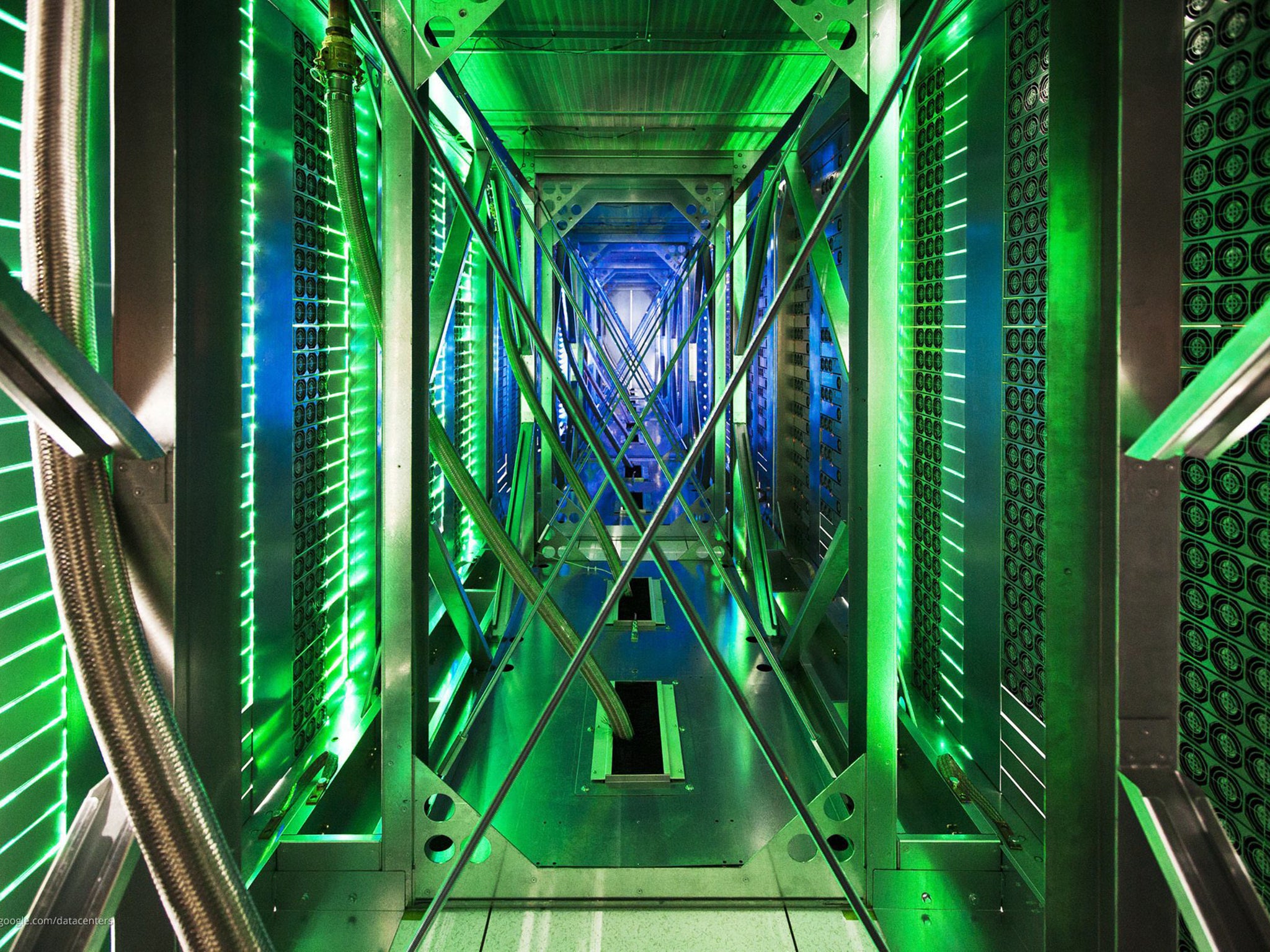Samsung unveils biggest hard drive ever made
Company has crammed 16TB of memory into the standard 2.5-inch package, letting it store about 15,000 hours of HD films

Samsung has unveiled the biggest hard drive ever made, packing 16TB of storage into a standard sized hard drive.
The company has managed to fit such a huge amount of memory in such a small box using a range of special new technologies, it said when it launched the drive at California’s Flash Memory Summit. It is packed with a huge array of flash dies — the things that actually do the storing — packed together by using a 3D stacking technique.
Samsung has managed to put stacks of memory on top of each other, to fit more in, rather than the traditional flat way that memory is kept in a hard drive.
That means that the hard drive is an SSD, using flash memory. Historically, that has been much faster than traditional hard drives but also takes up much more space — but the special stacking technique has let it fit far more than ever before into the box.
The previous contenders for biggest hard drive had hovered around the 10TB mark.
Samsung expects that the huge hard drives will be bought by businesses for use in servers. The company showed off the drive using a server with 48 of them stuck in it — perfect for storing the huge amounts of data that many companies are forced to keep.
The drive is likely to cost about $5,000, according to Ars Technica, though the company is yet to announce a price.
Join our commenting forum
Join thought-provoking conversations, follow other Independent readers and see their replies
Comments